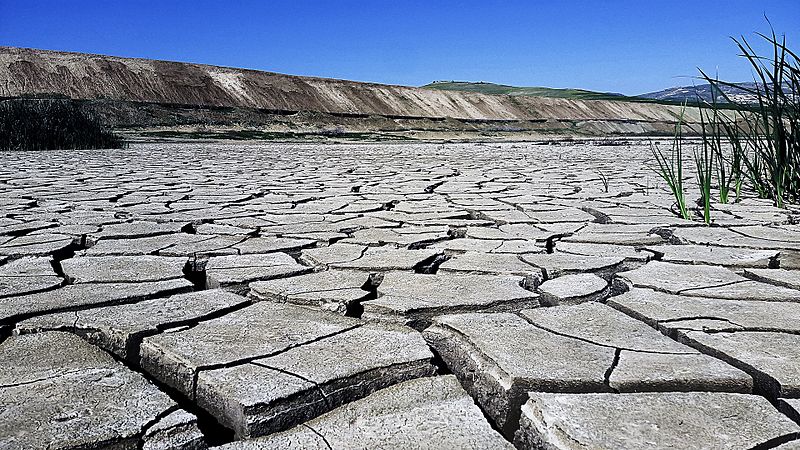The health threats of climate change are on full display this summer as communities around the world deal with record-breaking heat. Carbon pollution driving climate change is causing significant human suffering by making extremely hot days more common, and increasing the frequency and severity of drought and dangerous wildfires.
So how do we keep ourselves safe as the mercury climbs?
Extreme Heat Harms Health in Many Ways
Heat isn’t just an inconvenience, it can kill people in many ways. Every year, extreme heat and humidity kills an average of 1,300 people in the U.S., a figure projected to increase significantly in the coming decades as our world heats up. Heatstroke from exposure to extremely high temperatures can be deadly, and extreme heat also causes illness and premature deaths among people with heart, lung and kidney ailments.

Sweating is the body’s normal way to cool down, but during heat waves, that might not be enough. In that case, the body’s temperature rises faster than it can cool down, which can cause damage to the brain and other vital organs:
- Heatstroke is by far the most serious condition of extreme heat exposure. Be on the lookout for a high body temperature, dry skin (no sweating), a rapid and strong pulse, throbbing headache, dizziness, nausea or confusion and unconsciousness. If you observe these symptoms in someone, get into the shade as soon as possible, sponge the victim with cool water, and call 911 immediately for medical help.
- Heat exhaustion is somewhat less severe than heatstroke, and it can be recognized by heavy sweating, paleness, weakness, dizziness, tiredness, fainting and nausea.
- Heat cramps are a type of muscle pain or spasm, with heavy sweating during exercise.
- Sunburn is something most of us recognize, but sunburnt skin can’t cool the body as efficiently as it should.
- Heat rash looks like tiny pimples or small clusters of blisters, and victims should seek cooler, drier places for the rash to clear up.
Beyond the direct physiological risks posed by extreme heat, exposure to high temperatures has important effects on our mental health. For example, people coping with mental illness can be particularly sensitive to the physical effects of heat exposure, such as heat exhaustion and heatstroke. Those who use certain medications like anti-depressants are particularly vulnerable to the effects of extreme heat, and high temperatures themselves can exacerbate existing mental health conditions.
Read more: EcoWatch


